ALPHARETTA BAT REMOVAL SERVICES
If you are dealing with bats and live in the city of Alpharetta, GA, we can quickly resolve your problem. Our Alpharetta Bat Removal Service is designed to be affordable, guaranteed, and humane to the bats! With our Bat Exclusion/Prevention work, we removed any unnecessary steps, saving us time which in turn saves you money all while having a FREE 10-YEAR WARRANTY included with the service.
It’s important to treat the bats humanely for a few reasons, they are endangered and because of that they are federally protected but in addition to this, they are very beneficial to our environment and consume a lot of flying insects (mosquitoes!) and so we want them around. Once the Bat Removal service is finished the bats will still remain in the general area, just not inside of your home! If you have any questions or concerns about the bats or bat removal services in general, please feel free to give us a call and we can help you directly.
The mere presence of a bat outdoors is sometimes beyond the tolerance of some people. Don’t let others scare you into paying more than you should. Arm yourself with information & facts. Plain and simple, we need bats to survive but just not in our homes or attics. We can help get them out of your home with our bat removal services – quickly, effectively, inexpensively and humanely.
Bats commonly enter buildings through openings associated with the roof edge and valleys, eaves, apex of the gable, chimney, attic or roof vent, dormers, and siding trim gaps. Other openings may be found under loose-fitting doors, around windows, and gaps around various conduits (wiring, plumbing, air conditioning) that pass through walls, and through utility vents. However, about 90% of our bat removal jobs are in the gable vents alone. We only seal what we feel is necessary to keep the bats out & to date we have never had a breach in our bat exclusion work.
Premium Bat Removal & Prevention at an Affordable Price!
STEPS FOR ALPHARETTA BAT REMOVAL
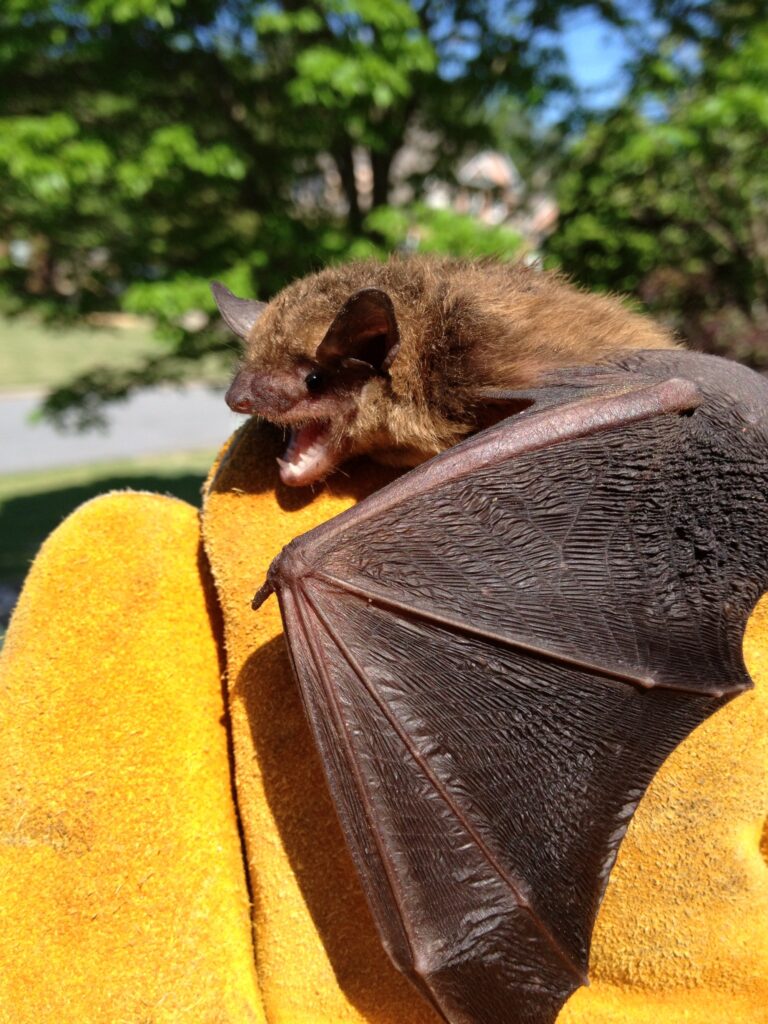
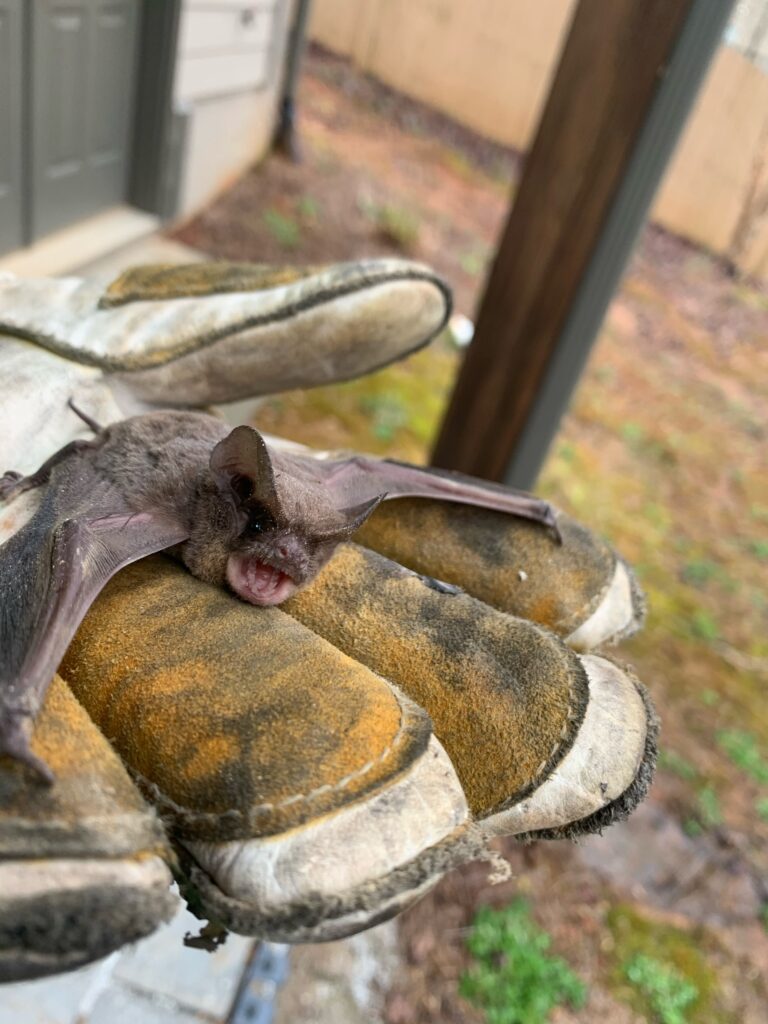
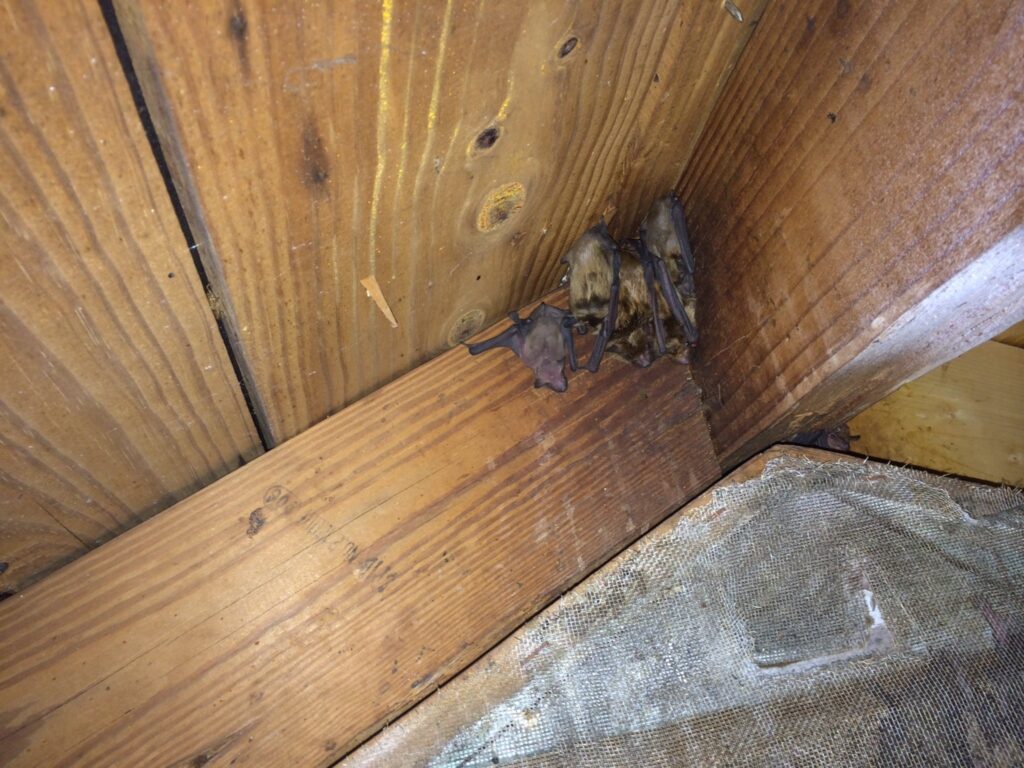
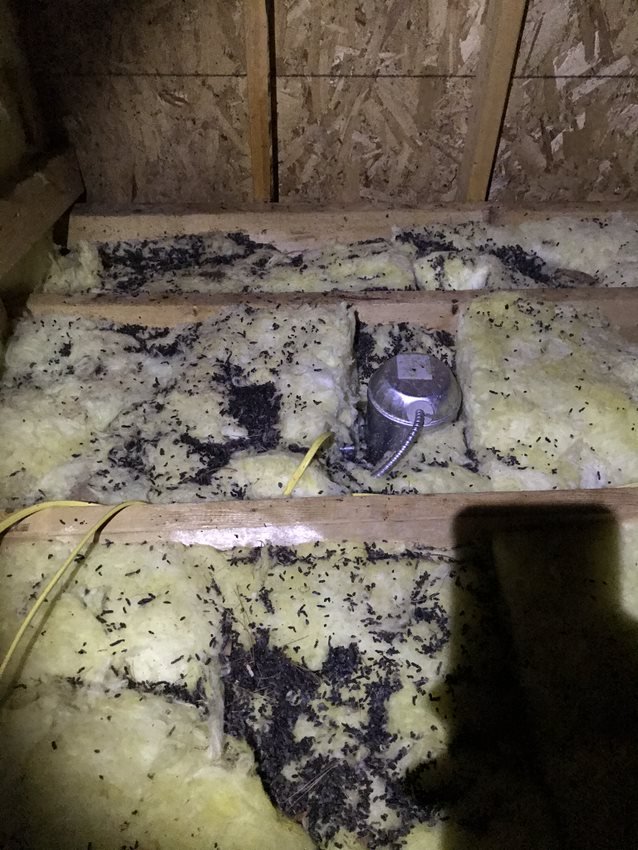
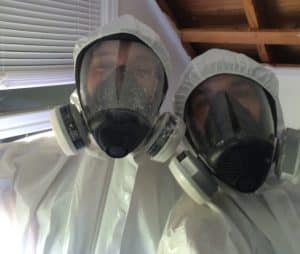
Our Alpharetta Bat Removal process is actually laid out pretty simple. We offer a FREE 10-year BAT Warranty. We service the entire Alpharetta, Georgia area.
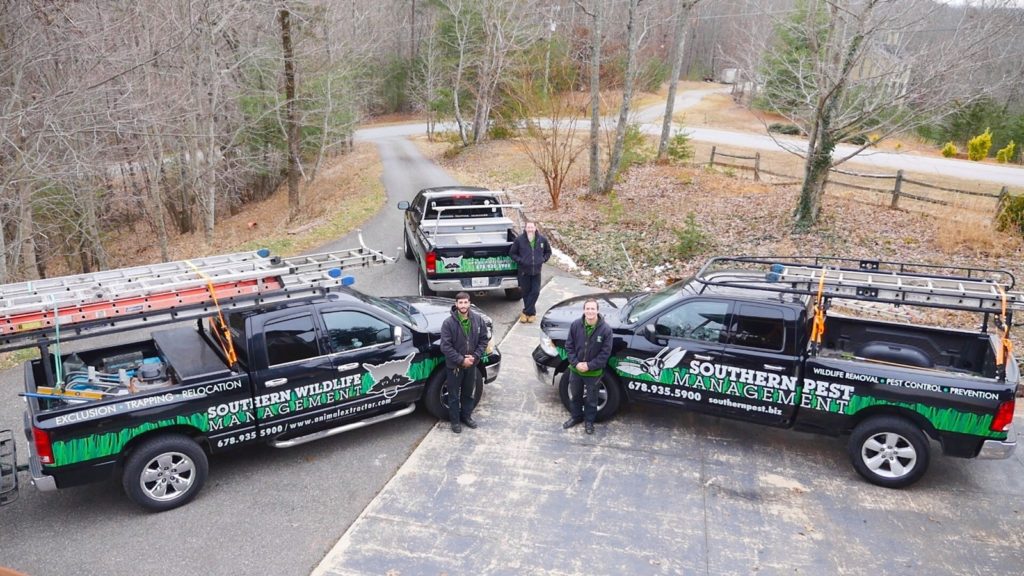

Alpharetta Dead Deer Removal
This is our page for our Dead Deer removal services for Alpharetta, GA.
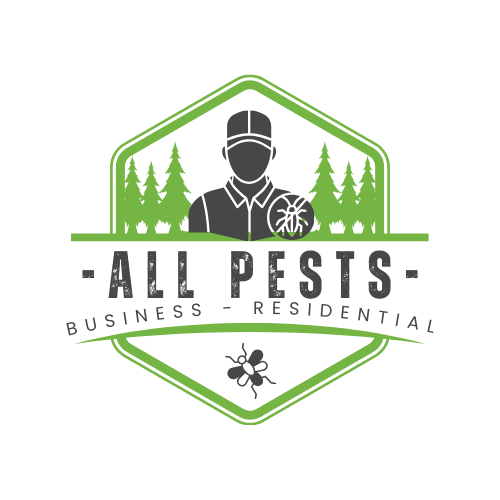
Alpharetta Pest Control Services
This is our page for our Pest Control services for Alpharetta, GA.
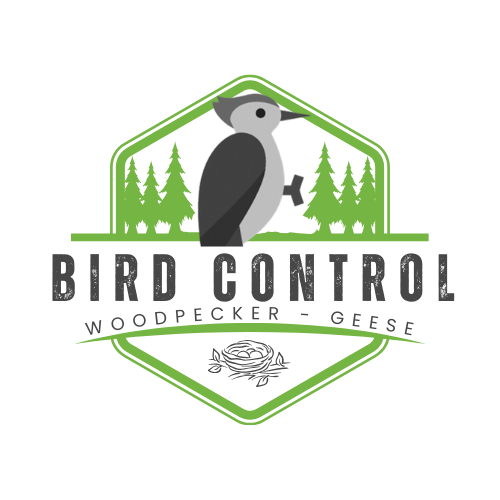
Alpharetta Goose Removal
This is our page for Goose control & removal services for Alpharetta, GA.
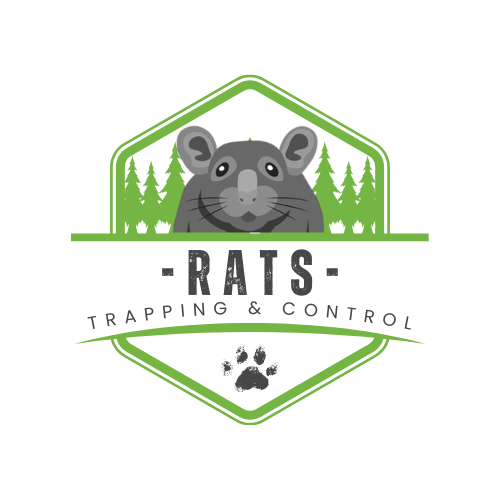
Alpharetta Rat Control
This is our page for Rat control & removal services for Alpharetta, GA.
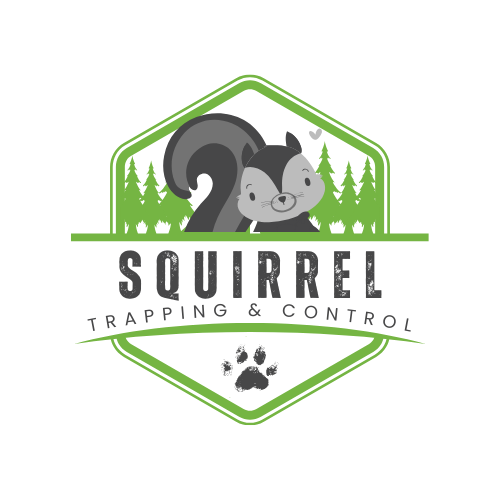
Alpharetta Squirrel Removal
This is our page for Squirrel control & removal services for Alpharetta, GA.
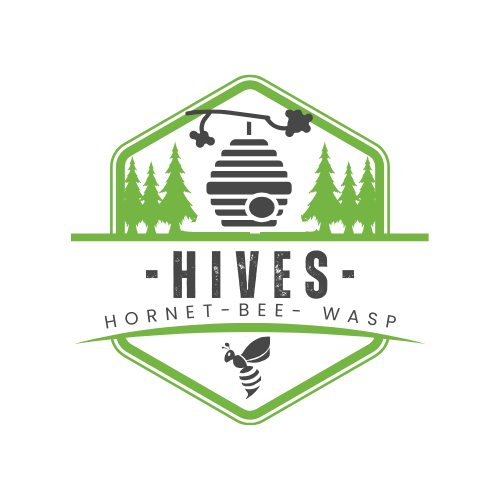
Alpharetta Hornet Removal
This is our page for Hornet & Wasp removal services for Alpharetta, GA.
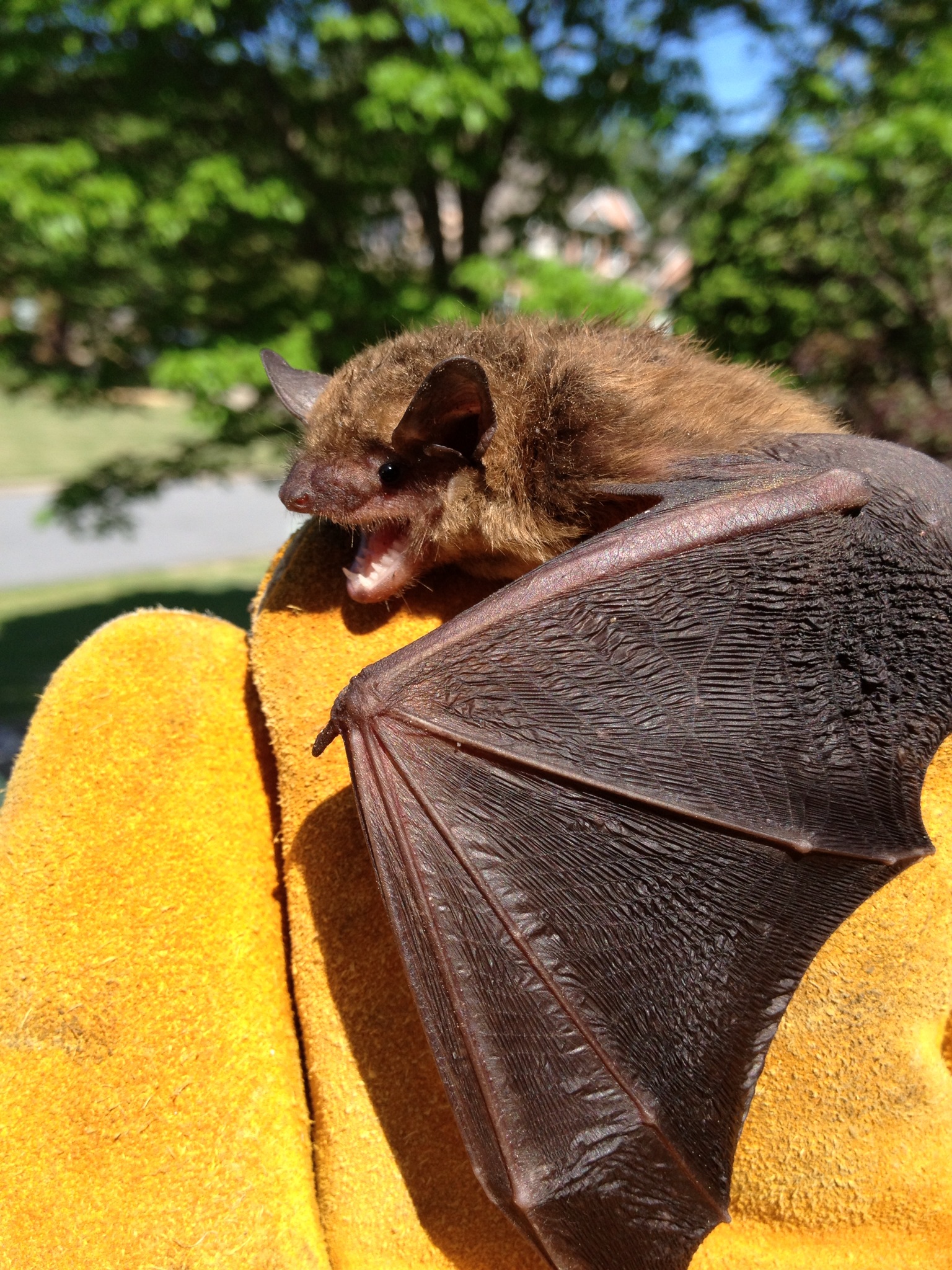
Do you have bats in your attic? Don’t panic! It’s a common problem in Georgia, but there are humane and effective solutions for bat removal. Here’s what you need to know: First and foremost, it’s important to understand the legalities of bat removal. Bats are federally and state-protected, so harming a bat can result in…
